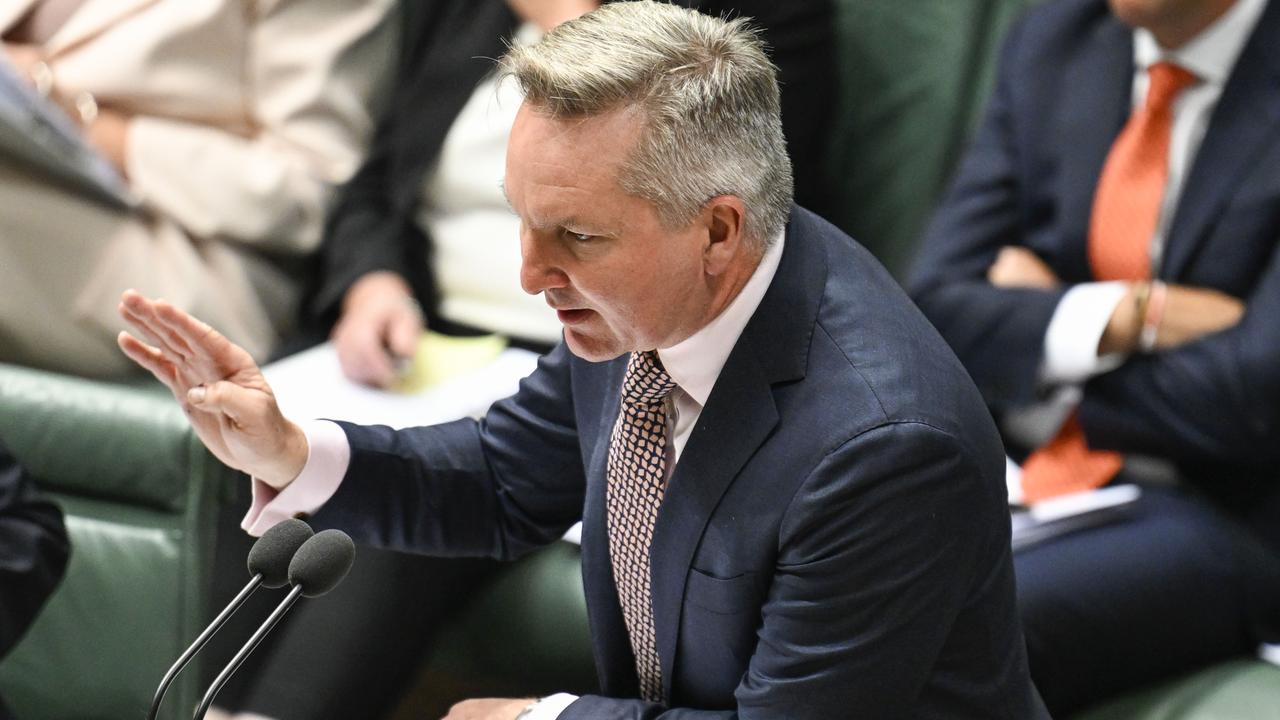We must invest to mitigate the economic effects of natural disasters like bushfires
It is deeply worrying for all of us to think that with massive bushfires still burning and some of our biggest cities shrouded almost daily in smoke that we are barely at the start of the peak bushfire season.
It is also a pointer to the need for holistic, co-ordinated and appropriately resourced measures to prevent damage and reduce harm to our communities and our economy.
The human cost of the fires is seen every day. It is seen in the firefighters who have tragically lost their lives and all those firefighters who put in incredible hours and undergo considerable stress to save their communities. It is seen in those who have lost their homes and property and in the impacts on personal health.
To get their responses right, governments and businesses who are dealing with and planning for such natural disasters need to be mindful of the full range of impacts on communities and the economy. It is quite a list.
The fires in NSW and Queensland are responsible for disrupted and postponed business activity and outright drops in activity.
In terms of employment, all industries are facing disruptions with firefighter volunteers taking time off work. Working parents are also taking time off due to widespread school closures.
Then there are the health impacts with workers taking time off due to the effects of smoke, or their dependants suffering conditions such as asthma, eye problems and exhaustion.
In many cases the impacts are concentrated on regional communities where health and other services can quickly be overwhelmed and where economic impacts are proportionally more severe.
Even in cities far away from the fires, the ubiquitous smoke is causing work disruptions through building evacuations and closures due to automatic fire alarms and/or poor air quality.
This has prompted the ACTU to call for new safety guidelines for workers. Businesses have a duty to protect the health and safety of their employees. However, overreacting in this regard carries grave economic risks. Changes to federal and state WHS codes need to be based on expert advice and analysis, and appropriate consultation with industry and employee representatives.
There are also serious implications for power stations and coalmines and potential contamination of water supplies. We have seen the example in the Blue Mountains of the Springvale coalmine, which has been closed due to the fires, and the Mount Piper Power Station, which has been under threat from the fires with the potential risk to coal stockpiles. This also raises the potential for power disruptions, with Mount Piper capable of meeting 10 per cent of NSW’s peak power demand.
Transport disruptions also have a significant economic cost:
• Public passenger transport (such as disrupted ferries, buses and planes) causing delays or no-shows for employees, clients and customers;
• Freight transport delays and, in some cases, spoilage of goods;
• Increased travel times and costs, and;
• Road closures in regions that stop all non-essential deliveries and passenger movements.
With our economy already soft and consumers keeping their hands in their pockets, the bushfires are only intensifying the impact on retail and hospitality spending including through the:
• Inability to sit outside for meals;
• Inability and/or reluctance of customers to go out for non-essential shopping trips;
• Delayed deliveries;
• Spoiled food and goods due to smoke damage, and;
• Higher costs for emergency deliveries and replacement stock.
There are anecdotal reports of holiday cancellations all along the coast for this month and next. These holidays are unlikely to be simply postponed. People do not take their Christmas/summer holiday later instead. They will go elsewhere or stay home. In Sydney, the attraction of visiting the city for the spectacular harbour views is dulled by news reports of smoke so thick the bridge and Opera House can barely be seen. Other tourism impacts include:
• Inability to travel to holiday destinations due to road closures;
• Water and other resources diverted to firefighting;
• Reduced local income and spending due to people not working, and;
• People avoiding tourism activities and outdoor sites.
The numbers are not yet in to show if inbound international tourism numbers are dropping but it is hard to imagine they won’t be impacted given the relentless reporting and plethora of smoke-filled Instagram pictures.
Insurers too are having a very bad year in facing increased claims and payouts, and this will eventually pass through to consumers. Premiums will rise for everyone and some locations may become uninsurable.
The macroeconomic effects are also significant. Australia regularly suffers negative quarters of GDP growth due to natural disasters, typically cyclones in the north that disrupt resources production and exports. Similarly, these fires have the potential to knock GDP lower, but we cannot quantify exactly how much of a drop is likely. With GDP growth already very weak in the third quarter of 2019 (just 0.4 per cent quarter-on-quarter and 1.7 per cent per annum), it would not take much to knock GDP into a negative in the fourth quarter, for example, due to port and airport disruptions to import and export volumes.
Bushfires and drought and other natural disasters seem to be increasing in intensity. It is essential that governments at all levels work together to develop holistic measures that consider the full range of impacts to ensure we are investing adequately in future-proofing our communities.
Innes Willox is chief executive of the Australian Industry Group.


